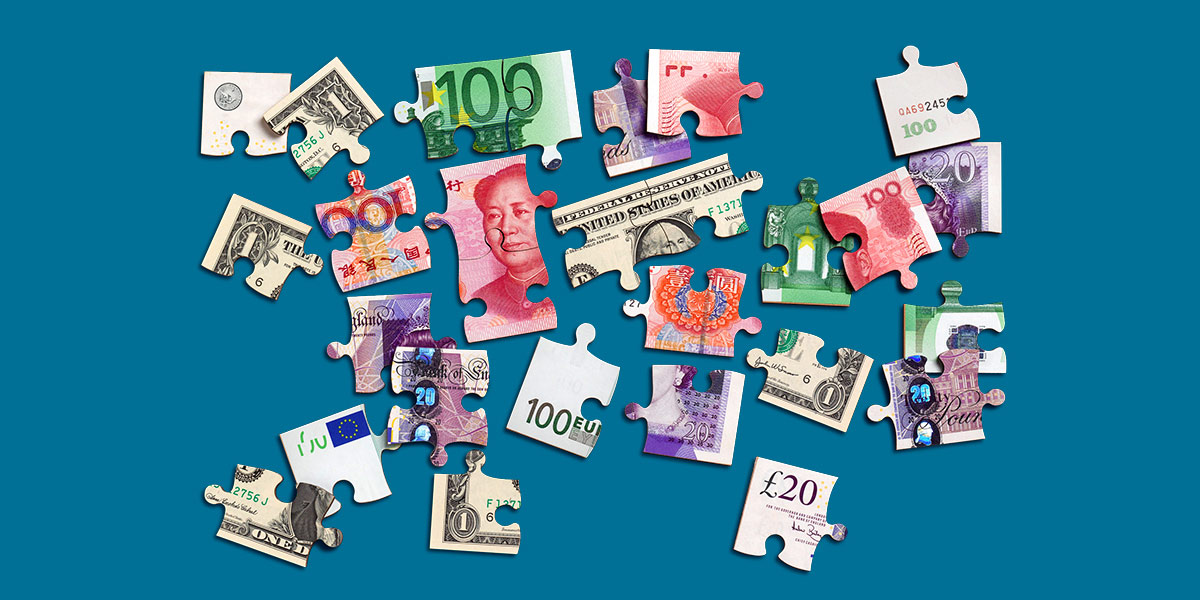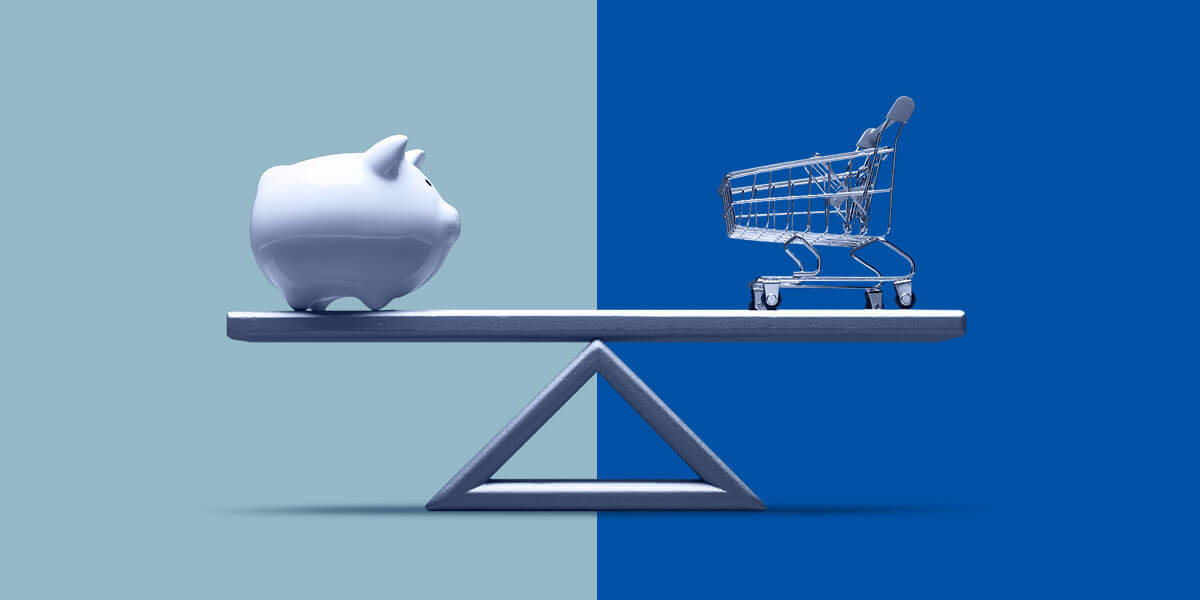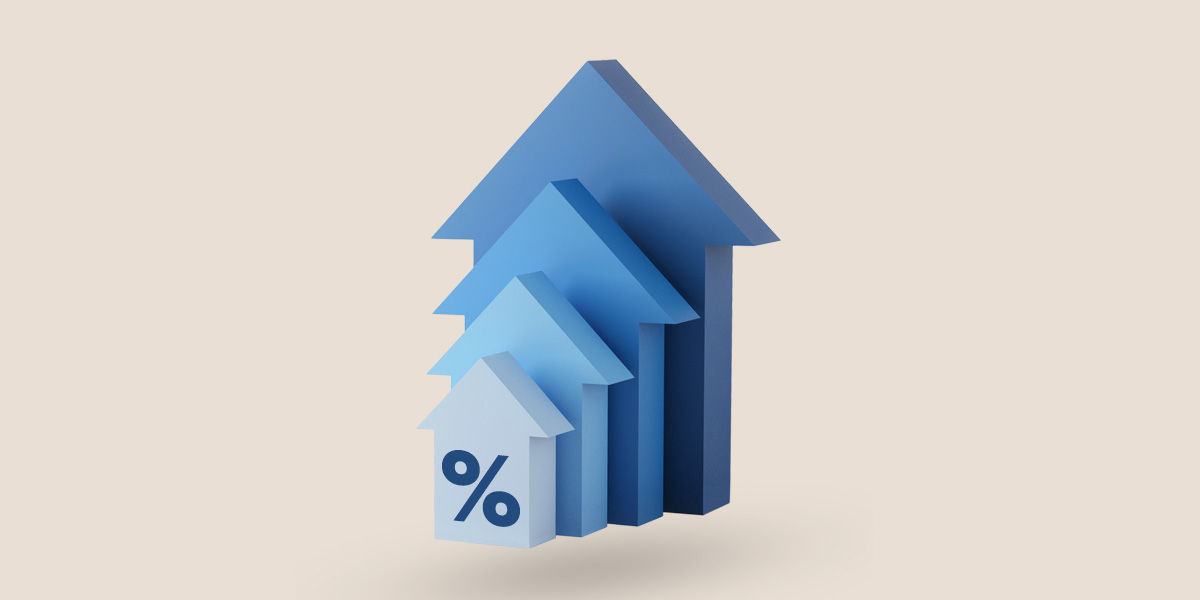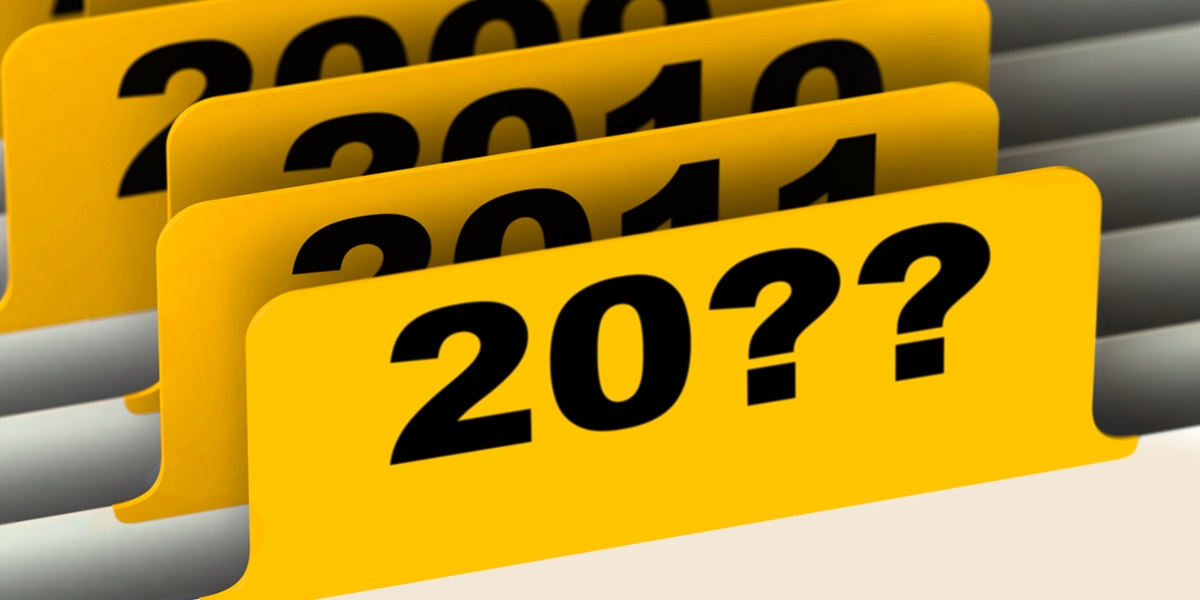-
Personal Banking -
Insights
How to Use Your Tax Refund Wisely
Receiving a windfall of cash from a tax refund can feel great, but it might be a sign that you need to review your financial plan. A refund means you've had too much tax withheld from your paychecks throughout the year or, if you're self-employed, you have overpaid your estimated taxes. In effect, you've given the IRS an interest-free loan when you could have put that money to better use. You may want to consider adjusting your tax withholding to keep more of your money in each paycheck.
However, if you have received a large refund, here are some smart ways you can use it to support your long-term goals.
Start with a Goal in Mind
Before you run out to buy a new flat-screen TV or splurge on a weekend getaway, take a step back and think about your bigger financial picture.
Ask yourself:
- Where am I feeling the most financial pressure right now?
- What short-term and long-term financial goals do I have?
- Where would this money make the biggest impact on my finances?
While it may seem like bonus money, your refund is an opportunity to make your money work for you rather than letting it disappear on impulse purchases.
Ways to Spend Your Tax Refund Wisely
Once you have your financial goals figured out, you may be wondering what your options are for spending your refund. Here are 13 smart ways you can use the money you’ve received.
1. Fund Your Emergency Fund
If you don't have an emergency fund yet, or an account set up to hold those funds, your tax refund gives you the chance to start one. Already have some savings? Make sure it’s enough—many financial advisors recommend having three to six months of essential expenses set aside.
Consider putting your emergency fund in a high-interest savings account, where your money is easily accessible while still earning competitive returns. Unlike certain investments that fluctuate with the market, these accounts can be more stable while offering better rates than standard savings accounts.
2. Pay Down Your Debt
If your emergency fund is already in good shape, try paying off debt with your tax refund—especially high interest debt like credit card debt.
Credit card debt should be one of your first priorities. Carrying balances month-to-month means you’re paying compound interest. Paying this debt off as soon as possible can lift a considerable burden from your finances.
Student loans are another debt to consider paying down with your refund. While federal student loans often have lower interest rates than credit cards, the balances can be substantial. Making an extra payment with your refund can shorten your repayment timeline and reduce the total interest you’ll pay over the life of the loan. Don’t overlook personal loans and auto loans either, as these can carry interest rates higher than mortgages.
Remember to prioritize paying down debts with the highest interest rates first because these will cost you the most over time. Also, whenever possible, try to fully pay off your credit cards each month to avoid interest charges altogether.
3. Save for Retirement
You may be able to contribute your refund to a Traditional or Roth IRA. Traditional IRAs may offer tax-deductible contributions, while Roth IRAs provide tax-free withdrawals in retirement, depending on your income and whether you are covered by a retirement plan at work.
Depending on your income, traditional IRAs offer tax-deductible contributions, while Roth IRAs provide tax-free withdrawals in retirement.
Even if your income exceeds these limits, you can still make a non-deductible contribution to a Traditional IRA and potentially convert it to a Roth IRA. It's important to work closely with your wealth planner, investment specialist and tax advisor to be sure you're following all IRS rules for Traditional IRA and Roth IRA accounts.
4. Contribute to a College Fund
If you've taken care of your emergency savings, high-interest debt and retirement needs, consider using your tax refund to contribute to your children's or grandchildren's 529 education savings plan.
Depending on the state you live in, there are two types of 529 plans to consider: savings plans (which work similarly to retirement accounts with investment options) and prepaid tuition plans (which lock in today’s tuition rates at participating institutions). While contributions to these plans aren't deductible on your federal income taxes, some states offer a tax deduction for college savings plans established in those states by residents.
While contributions are not federally deductible, the investment earnings grow tax-free and are not taxed when used for qualified education expenses. You can use up to $10,000 of the 529 fund per year for tuition at an elementary or secondary school.
5. Save for Irregular Expenses
Another option for your tax refund is to set it aside for predictable, but irregular expenses. For example, property taxes are a large expense that comes only once or twice a year but can strain your budget when they do.
Other irregular expenses worth saving for include:
- Annual insurance premiums
- Home maintenance projects
- Vehicle registration fees
- Holiday shopping
- Medical procedures with deductibles
By saving your refund for these future costs, you’ll avoid having to scramble or rely on credit card debt when these bills arrive. Consider keeping these funds in a separate account specifically designated for these planned expenses.
6. Contribute to Your HSA
If you have a high-deductible health plan, you might consider using your tax refund to fund your Health Savings Account (HSA).
HSA contributions are tax-deductible, grow tax-free and can be withdrawn tax-free when used for qualified medical expenses. For 2025, you can contribute up to $4,300 for self-only coverage and $8,550 for family coverage, with an additional $1,000 catch-up contribution if you’re 55 or older.
Unlike Flexible Spending Accounts (FSAs), HSA funds roll over year after year with no “use it or lose it” penalty. You can use the funds immediately for current healthcare costs or let them grow as a supplemental retirement account for future medical expenses. After age 65, you can withdraw HSA funds for non-medical purposes; however, you’ll have to pay regular income tax on these withdrawals.
7. Save for a Down Payment
If you’re planning on making a large purchase, like buying a home or vehicle, adding your refund to your savings can bring you closer to your goal. For example, a larger down payment on a home can help you lower your monthly mortgage payments and potentially avoid private mortgage insurance.
8. Start a Business
If you’ve been thinking about launching a side hustle or small business, your tax refund could provide the initial capital you need to get started. Even small amounts can cover startup costs like business registration fees, basic equipment, inventory or a professional website. To help make the most of your startup funds, it may be worth consulting with a financial advisor.
9. Home Improvements
Using your tax refund to fund home improvements can add value to your home and possibly reduce monthly expenses.
Instead of cosmetic updates, consider these high-value home improvement options:
- Energy-efficient windows and insulation to reduce heating/cooling costs
- Updated plumbing fixtures to prevent leaks and water damage
- Roof repairs or maintenance to avoid structural issues
- Smart thermostats and lighting that lower energy bills
- Fresh exterior paint to protect surfaces and improve curb appeal
10. Get Ahead on Mortgage Payments
Making an extra mortgage payment with your tax refund can not only save you thousands over the life of your loan, but it can also shorten your loan term. This is beneficial for newer mortgages where the majority of your regular payment goes toward interest rather than principal. By making one extra principal payment annually, you can reduce the total interest paid on your loan and help build equity faster.
However, before you make that extra payment, confirm your mortgage has no prepayment penalties, and instruct your lender that your additional payment should be applied to the principal only.
11. Invest in a Brokerage Account
If you already have a solid financial foundation, consider directing your tax refund toward a taxable brokerage account or Certificate of Deposit (CD).
A brokerage account allows you to invest in stocks, bonds, mutual funds, ETFs and other securities without the withdrawal restrictions that come with retirement accounts. While these investments don’t have the tax advantages that retirement accounts do, they provide liquidity and the potential for growth beyond what savings accounts typically offer.
For a more conservative approach with guaranteed returns, CDs often offer higher interest rates than traditional savings accounts, in exchange for leaving your money untouched for a fixed term. However, keep in mind that you usually need to keep your money in the CD for the length of its term. Early withdrawals might be accompanied by fees.
12. Save For Next Year’s Taxes
If you’re self-employed or earn significant income outside of regular employment, use your tax refund to prepare for next year’s tax obligations. Consider depositing your refund in a high-interest savings account that’s specifically for future estimated tax payments.
This strategy accomplishes two goals:
- Ensuring you have funds available when quarterly tax payments come due
- Allowing you to earn interest on that money until you reach your payment deadlines
Your tax refund can also jump-start your year-end tax planning and prevent you from missing out on tax-saving opportunities. When December arrives, you’ll have resources available to prepay deductible expenses, make additional charitable contributions or fund tax-advantaged accounts before the deadline.
13. Splurge on Yourself or Others
After you’ve taken care of your financial priorities, consider using part of your refund for something enjoyable. Buy that new TV you’ve been eyeing or set aside money for holiday gifts.
Charitable giving is another rewarding option that allows you to support causes you care about while potentially qualifying for tax deductions next year. The goal here is to make these decisions intentionally rather than impulsively, so that you can enjoy your refund without guilt.
Get in Touch with a Wealth Planner Today
Depending on your ability to control your spending habits and save money, you may want to consider focusing on accurately estimating your federal income tax bill to minimize your refund. However, if you do receive a refund, consider scheduling a meeting with your wealth advisor to discuss how to maximize its benefits based on your financial situation.
Remember to bring copies of your tax returns and other financial records to these meetings. Keeping your tax documents organized throughout the year makes this process much easier, as it will help your financial advisor understand your full financial picture and give you more personalized guidance.
This article is for general information and education only. It is provided as a courtesy to the clients and friends of City National Bank (City National). City National does not warrant that it is accurate or complete. Opinions expressed and estimates or projections given are those of the authors or persons quoted as of the date of the article with no obligation to update or notify of inaccuracy or change. This article may not be reproduced, distributed or further published by any person without the written consent of City National. Please cite source when quoting.
City National, its managed affiliates and subsidiaries, as a matter of policy, do not give tax, accounting, regulatory, or legal advice, and any information provided should not be construed as such. Rules in the areas of law, tax, and accounting are subject to change and open to varying interpretations. Any strategies discussed in this document were not intended to be used, and cannot be used for the purpose of avoiding any tax penalties that may be imposed. You should consult with your other advisors on the tax, accounting and legal implications of actions you may take based on any strategies or information presented taking into account your own particular circumstances.
This article is for general information and education only. It is not to be construed as an offer, or solicitation of an offer, to buy or sell any financial instrument. It should not be relied upon as specific investment advice directed to the reader's specific investment objectives. Any financial instrument discussed in this article may not be suitable for the reader. Each reader must make his or her own investment decision, using an independent advisor if prudent, based on his or her own investment objective and financial situation. Prices and availability of financial instruments are subject to change without notice. Financial instruments denominated in a foreign currency are subject to exchange rate risk in addition to the risk of the investment. City National Bank (and its clients or associated persons) may, at times, engage in transactions in a manner inconsistent with this article and, with respect to particular securities and financial instruments discussed, may buy from or sell to clients or others on a principal basis. Past performance is not necessarily an indication of future results.
All loans and lines of credit are subject to credit and property review and approval. Loans must be secured by a first lien on a 1-4 family residential dwelling. Additional terms and conditions apply. Not all applicants will qualify. All stated rates, terms and discounts are subject to change without notice.





